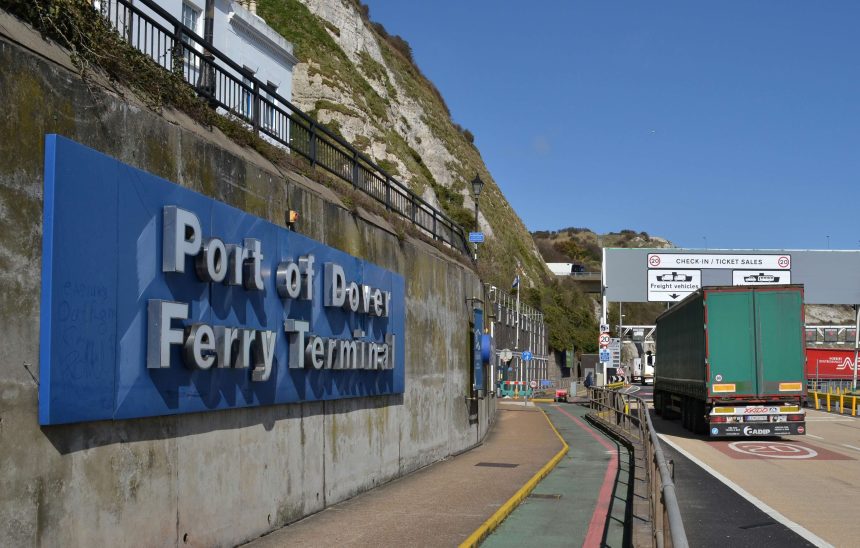RHA says it will continue to seek clarity from the government as the European Union announced it had delayed the roll-out of the Entry-Exit System at its borders.
New processes, which include a fingerprint and facial scan check system, were set to be introduced on 10 November, but EU Home Affairs Commissioner Ylva Johansson revealed yesterday that the latest in a series of delays would be needed.
Concerns are that a lack of infrastructure and preparatory testing would cause disruption at the borders.
The EU has indicated that a phased-in approach would now be favoured, with the first steps expected in 2025. Sources also speculate that the wording of the announcement suggests requirements for fingerprint scanning could also be relaxed.
A European Commission spokesperson says: “Commissioner Johansson informed that the target date, which was initially set for 10 November, will not be met. And the Commission has asked eu-LISA (European Union Agency for the Operational Management of Large-Scale IT Systems in the Area of Freedom, Security and Justice) to convene an extraordinary Management Board on 16 October with the aim of discussing how to take this forward, looking at both legal and operational possibilities.
“The Commission has not received all required declarations of readiness, which is a legal requirement to be able to start the operation of the system.
“In light of this, on 25 September, the eu-LISA Management Board invited the Commission to assess the feasibility of a phased approach. This approach was discussed in the Home Affairs Council yesterday and it has been considered as the best way forward for a swift progress.
“The Commission will continue to provide full support, to ensure the roll-out of the system as soon as possible.”
Coach operators have long expressed concern that EES could cause disruption at the Port of Dover and negatively affect the sector.
Reacting to the latest setback for the EU’s plans, a spokesperson for RHA, the trade body for the coach and haulage sectors, says: “We continue to seek clarity from the government on timeliness and readiness for EES.
“We’ve long-held concerns about delays at borders, especially at Channel ports where thousands of vehicles pass through daily. We know the disruption delays can cause and we’ve urged officials to ensure the infrastructure is ready.
“We also remain concerned about the 90/180 rules where non-EU nationals can’t spend any more than 90 days out of 180 in the Schengen area.
“That’s why we support the idea of a Professional Drivers’ Exemption from Schengen restrictions for those who are transporting people and goods between the UK and EU. We’d welcome the chance to develop this policy with the government.”



























